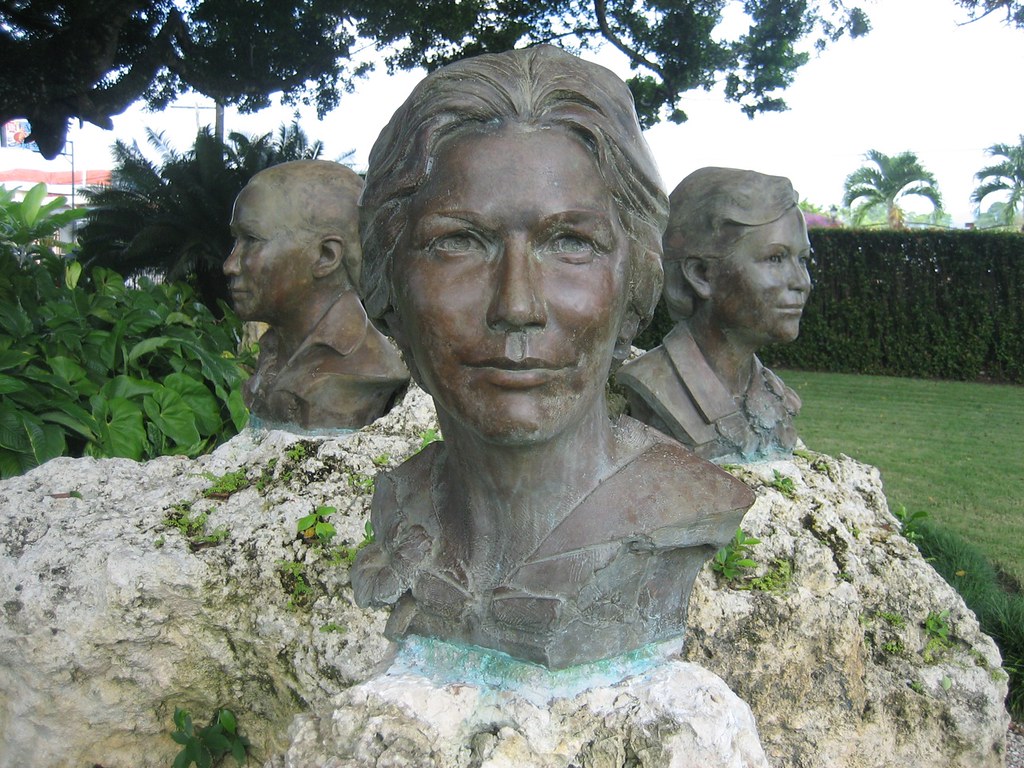“Labour isn’t working” read the Conservative Party slogan for the 1979 general election in which they were ultimately and predictably victorious. This sentiment also underpins The Year of the Beaver, though examined from a very different political perspective.
Defying a dictator: The Mirabal Sisters, by Poppy Merrifield
Throughout history, women have often played a pivotal but underappreciated role in political resistance. Traditional gender norms of the mid-20th century placed women in less political roles; they were subservient housewives. In reality, many women have been crucial in the fight against totalitarian regimes, the Mirabals illustrating as such.
Frida Kahlo: Creating a Vision of People with Disabilities, by Debra Schaefer
Frida Kahlo was a resilient lady. She had plans to become a doctor, a politician, and an artist, yet such plans were tarnished in 1925. Following being impaled by an iron handrail whilst riding on a bus, Kahlo became a patient. However, during her years of recovery, Kahlo created art which exhibited the perspectives of a woman with disabilities.
The effect of gendering nations as female in literature, and what that means for the next generation of female writers, by Charlie Clark
To be a woman is not a place of neutrality. To be a woman in literature, to read of your body as a site of battles and uprisings, of famine and protest, destroys any sense of impartiality. There is a long-standing tradition of gendering the nation: the motherland, the mothership, the innate feminine sense of home. But what happens when this sense of gender becomes so deeply tied in with a sense of nation that the two have become almost inseparable?





